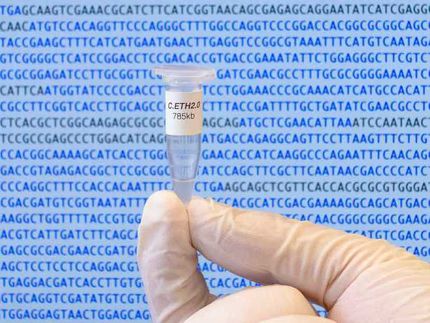Scientists rise to the challenge of identifying and comparing yeast genomes
Advertisement
If you think yeast is most useful for beer and pizza crust, here's something else to chew on: a team of U.S. researchers has identified and compared the genetic codes for all known species of yeasts closely related to bakers' and brewers' yeast. This information, published in the Genetics Society of America's new open-access journal, G3: Genes | genomes | Genetics , lays the foundation for future understanding of mutation and disease, as studies of yeasts often identify key genes and mechanisms of disease.
"We hope to learn to read the language of DNA and tell when mutations or differences will cause disease and when they will be advantageous," said Chris Todd Hittinger, senior author of the work from the Department of Biochemistry and Molecular Genetics at the University of Colorado School of Medicine in Aurora, Colorado. "Providing a complete catalog of diversity among this group of species will allow us to quickly test which changes are responsible for which functions in the laboratory with a level of precision and efficiency not possible in other organisms."
Using massively parallel next-generation DNA sequencing, the researchers determined the genome sequences, doubling the number of genes available for comparison, and identifying which genes changed in which species. They did this by segmenting each organism's DNA into small pieces, and then computationally "reassembled" the pieces and compared them to the genome of S. cerevisiae (the species used to make beer, bread, wine, etc.) to identify similarities and differences. The researchers also genetically engineered several of the strains to make them amenable for experimentation. Results from this study will allow researchers to compare the genetics, molecular biology, and ecology of these species. Because yeast genomes and lifestyles are relatively simple, determining how diversity is encoded in their DNA is much easier than with more complex organisms, such as humans.























































